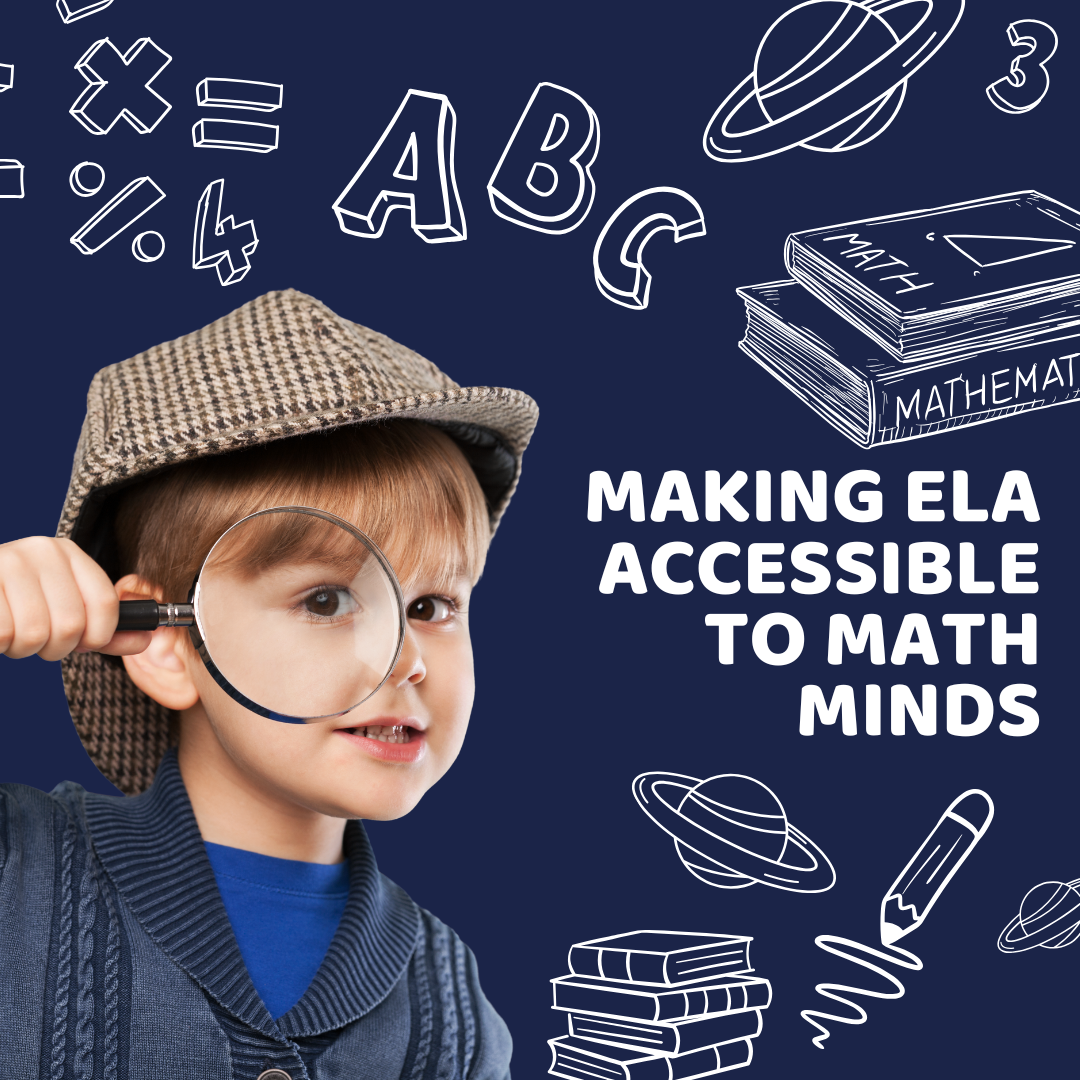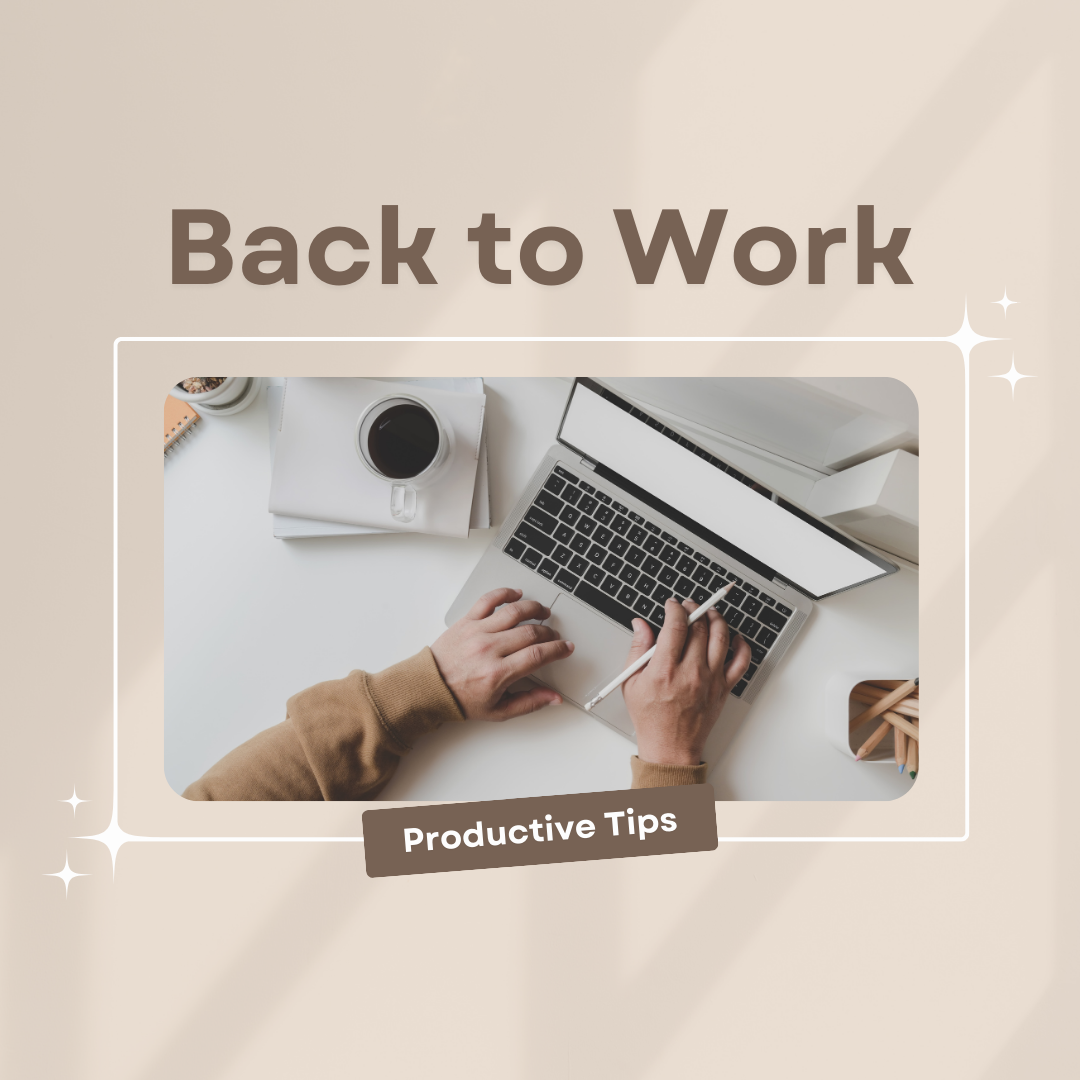JOIN OUR BRAND AMBASSADOR PROGRAM TODAY AND GET 3 MONTHS FREE!
CLICK HERE FOR MORE INFO!
FREE DOMESTIC SHIPPING IN THE U.S. (WE CURRENTLY DO NOT OFFER INTERNATIONAL SHIPPING)
Education for the Littlest Learners - Try This Plan!
This is a subtitle for your new post

It is Spring, which means cleaning is underway! Spring cleaning has earned a reputation for being deep and thorough so I chose to accept the challenge and live up to the standard which has produced an interesting result. While sorting through some old papers I came across a series of lesson plans from years ago, when my children were younger (and fewer!). It was handwritten and covered several weeks worth of curriculum geared towards my, then, three and five year-olds.
In several of the many online homeschool community groups that I am a part of, I have seen moms ask for advice with beginning their little one’s education and ask what is appropriate material for such young ages. I would love to offer a bit of help to those just starting out - I have decided to share with you some of my own home-spun educational plans, along with notes I took about the success of plans when used with my own children. Hopefully, by reading through my own trial-and-error experiences, you will find inspiration for your own homeschool journey as well as get an idea of the things that worked and the things that didn’t.
One of the first things I would like to share is a bit of encouragement. My children are quite a bit older now but those foundational days of their education were so important in their development and growth. There were many days that could be called successful by every standard, but there were also days that were a complete flop! Even with those days (and with how I felt on those days… like I was failing my children as their teacher!) I would not change a thing. We all learned a great deal during those early days and my children are incredibly well rounded and intelligent individuals because of it.
The first entry in my lesson plan looked like this:
First week lesson plan :
Settle In and Acclimate
- Monday
Class 1 : Work books
Craft : Painting
Snack : Nuts and raisins
Activity (P.E.) : Walk around the block (weather permitting)
Class 2 : New puzzle
Notes : For class 1, Just go over the new books, looking at the pages and maybe doing one or two of them in different books.
- Wednesday
Class 1 : Math - counting and number recognition
Craft : Make number signs to hang up
Snack : Graham crackers and grapes
Activity (P.E.) : Dance off
Class 2 : Science - Look through observation jars and discuss
Notes : Class 1 should include basic addition for the oldest.
The “observation jars” were specimen jars of various sizes containing a wide variety of items that could be compared or studied.
- Friday
Class 1 : English - Letters and reading
Craft and Snack : Make and enjoy Banana-peanut butter-caterpillars
Activity (P.E.) Charades
Class 2: Animal Studies
No notes
- Notes for the week
Both kids responded well to the schedule format, set class times, and are adjusting to the new roles of student/teacher (that last one is still in the works).
Youngest matched numbers with corresponding tiles, oldest put numbers in sequence.
It is important to recognize that, for children that young, having a schedule is good but it should not be too strenuous. They did well with set class times but only had two classes a day and the classes were not that long. The classes were also separated by an activity and food, as well as a craft project. Starting children’s education at a young age can be great as long as it is more like play than work. When focused work is required (and it should be at some point) make it short enough to be “a good brain game” and not a chore.
In following weeks, we went from three school days to five, and those included a regular library day and periodic field trips. Each new week had a different theme (i.e. “a bug’s life”, “All about me”, or “Learning in the kitchen”) and all of the lessons fit into that theme. As we moved through the weeks, I would make adjustments to the schedule and note needed improvements or how well the new things worked - I will write follow-up blog posts that will go into these more. Being willing to be flexible is important, and if you ask me, it is one of the greatest benefits of homeschooling!
Below, I will copy out one more week of our class plans for you to see how the second week went.
Second week lesson plan :
Review things learned last year
- Tuesday
Class 1 : The four seasons
Craft : Four seasons graph
Snack : Rice cakes and blueberries
Activity (P.E.) : Exercises
Class 2 : Letters and Letter sounds
Notes : Craft - have a poster with the four seasons labled in four squares. Paste symbols of the seasons in the correct squares.
- Wednesday
Class 1 : Math - counting to twenty
Craft : Make paper fans
Snack : carrot sticks and animal crackers
Activity (P.E.) : walk around the block
Class 2 : Science - weather
Notes : Class 1 uses abacus, dot-to-dot, counting stories, and toy animals. Class 2 act out different weather patterns or draw pictures and see if they can guess
- Thursday
Class 1 : Animal categories - wild/domestic, mammals, birds, etc.
Craft : Coloring page
Snack : Yogurt and granola
Activity (P.E.) : Jumping and tumbles
Class 2: Rhyming, opposites and things that go together
Notes : Class 1 use pictures, books, sounds, acting out, etc.
- Friday
Class 1 : Work books
Craft : Game - Gerald Mc Boing Boing
Snack : Crackers and peanut butter
Activity (P.E.) : Dancing
Class 2: Work books
Notes for the week
Tuesday is now library day from 10-11:30am! Also, ballet class at 5:30.
Thursday was a good day but I need to incorporate more movement into the class time when I can.
Friday will be “work book” day.
New Idea! Play a game instead of doing a craft on some days!
As you can see, I learned a couple of things, implemented new ideas, and made room for a regular outing. My children have an in-bred love for the library now because of the many happy hours we spent there for story time, or for them picking out their favorite books to bring home and read. We also included outside classes when we could afford it - extra classes aren’t necessary but they can be good if the child is into it.
You will also see that I try to incorporate as many different learning methods as possible - stories, toys, acting, manipulatives, puzzles, work books, games, etc. Each child has a unique learning style - utilizing all of them will help the child retain as much info as possible.
I look forward to sharing more of my own experiences with you in future blog installments! Let me know what you think!
See What Our Readers Have To Say
Edit Google Reviews Widget
Navigate
Join Our Newsletter
Be the first to know about exclusive offers, discounts, and more!
Thank you for signing up for our newsletter! Be on the lookout for emails from The Adventure Letters (be sure to check your spam/junk mail folder).
Please try again later.
© 2023 | The Adventure Letters










